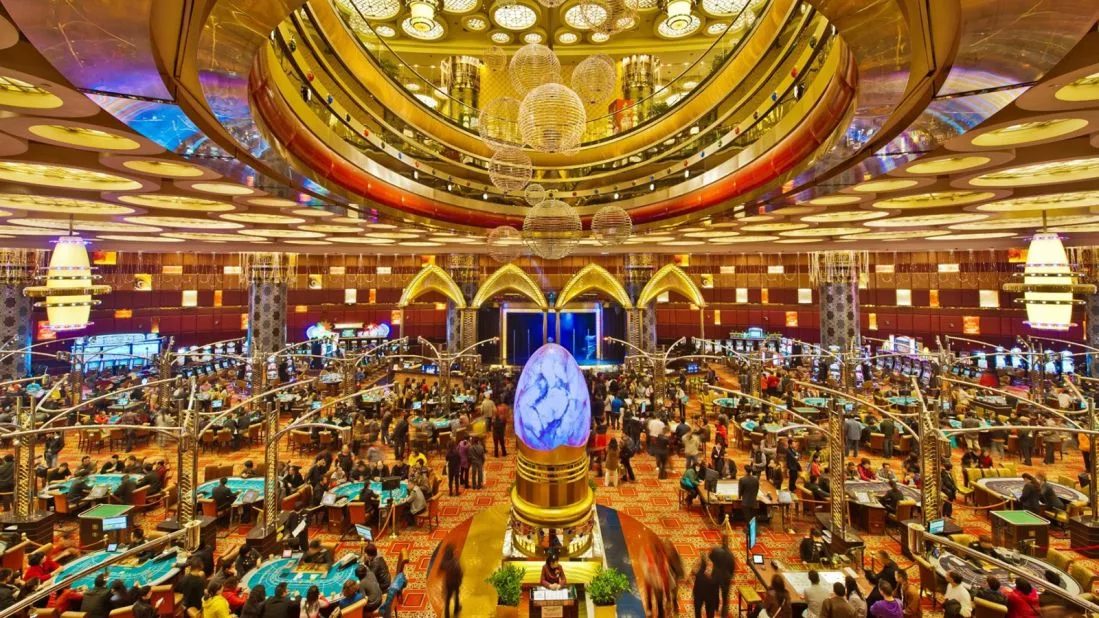The legal status of Chinese nationals gambling abroad has come under scrutiny following advisories from various Chinese embassies in Asia, highlighting a complex issue that holds significant implications for regional casino revenues. Chinese nationals represent a critical market segment for many Asian casinos, contributing a substantial portion of their gaming income. This demographic’s significant influence on casino revenues is evident, particularly within the VIP gaming sector.
Despite recent advisories aiming to deter Chinese citizens from gambling abroad, there is an absence of explicit legal penalties for such activities under current Chinese law. Legal experts have pointed out that while mainland China has long outlawed gambling, no specific legislation penalizes Chinese nationals for gambling in foreign countries. However, an amendment to China’s criminal code in 2021 targets the organization of overseas gambling involving Chinese citizens, signaling a broader crackdown on illegal and online gambling activities.
These developments have raised concerns about the potential inability of Chinese embassies and consulates to provide consular protection for nationals who violate foreign gambling laws. This stance seems to contradict newly implemented regulations mandating consular support for Chinese citizens, regardless of their legal situation abroad. The discrepancy suggests a strategic use of legal ambiguities to discourage gambling among Chinese nationals overseas, albeit without a solid legal foundation.
The broader impact of China’s stance on regional casinos could be significant. Industry analysts have noted that a reduction in gambling activities by Chinese nationals abroad could materially affect the revenue streams of casinos in the region. The emphasis on a government-endorsed platform for reporting gambling activities among Chinese citizens further underscores the potential deterrent effect of these advisories.
Moreover, China’s intensified efforts to combat cross-border gambling reflect broader economic and social concerns, particularly regarding capital outflows and the stability of the Chinese economy. As a result, destinations traditionally popular with Chinese gamblers, such as the Philippines, Myanmar, Malaysia, Vietnam, and Singapore, may face challenges in maintaining their gaming revenue streams.
The situation presents a unique opportunity for Macao, the only Chinese territory where casino gambling is legal. The region is likely to benefit from the shift in gambling activities, reinforcing its position as a leading global gambling hub. Nevertheless, the evolving regulatory landscape and China’s crackdown on illegal gambling activities signal a need for regional casinos to adapt their business models, potentially focusing more on non-gaming revenue streams to offset the declining VIP segment.
In summary, the legal and regulatory dynamics surrounding Chinese nationals gambling abroad present a multifaceted challenge for regional casinos. The emphasis on legal ambiguities and the potential economic implications highlight the complex relationship between gambling regulations, international law, and regional economic interests.










